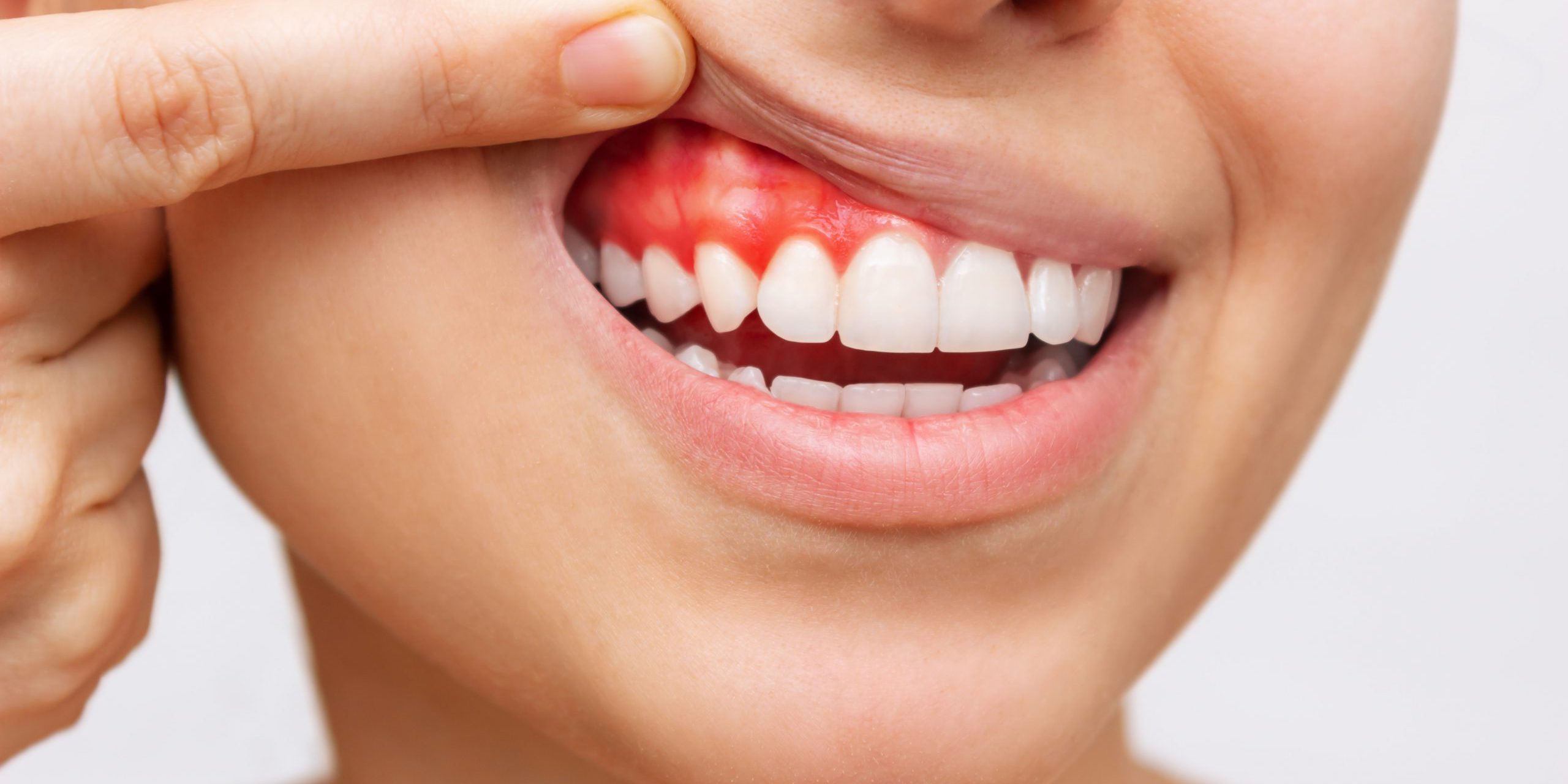At Canberry Dental we get this question from patients all the time. We started this blog to help you manage and improve your teeth health by answering questions
frequently asked by our patients. Since this question is the most popular in our practice, we will answer it first.
So, why do we get bleeding gums?
Bleeding gums are often simply caused by insufficient plaque removal. Plaque is a sticky, unpleasant layer which builds up on your teeth. It contains bacteria that
usually causes bleeding and then gum disease.
If you do not brush your teeth and remove plaque regularly and it continues to build, your gums will become inflamed which may cause them to bleed.
This is commonly called – gingivitis and is known as the first stage of gum disease. If plaque is left intact and is not removed by your Dentist regularly, gums will start to
recede from your teeth and form gaps between your teeth and gums. This plaque will eventually harden and set into these gaps, causing gum disease.
Gum disease or periodontitis is one of the most widespread causes of bleeding gums. Periodontitis is a significant condition which can lead to subsequent tooth
loss.
In addition, periodontitis has also been directly associated to health problems, such as:
- Heart disease and stroke
- Type 1 & type 2 diabetes
- And even cancer
Other causes of bleeding gums may be due to:
- A lack of vitamin C or K
- Pregnancy
- Or haemophilia
Top 4 ways that will help you to stop bleeding gums
1. Oral hygiene
It is very important to maintain good oral hygiene. That is your brushing twice a day and flossing. Use a toothbrush with soft bristles and brush without applying too much pressure starting from the root of your tooth to the top. Your Dentist can show you how to efficiently brush your teeth during your next appointment if you need it.
2. Use an anti-bacterial mouthwash after brushing or warm, salty water
Antibacterial mouthwashes can treat and prevent your gums from bleeding. They are known to reduce inflammation and to fight off bacteria within your gums and mouth.
In addition, mouthwashes are great in preventing gingivitis. You can also use an old technique of rinsing your mouth with lukewarm salty water. You can prepare salty water by diluting 0.5 tsp of salt in a glass of warm water.
3. Apply ice to the affected area
If your gums bleed heavily in some spots, you can simply apply an ice pack to the affected area to stop swelling and hence the bleeding.
4. The last, but not the least – see your Dentist regularly!
There are no shortcuts here! If your gums continue to bleed after brushing, you should come and see us. Prolonged pain, redness, swelling or bleeding of the gums is not normal and can lead to serious health problems.
Book an appointment today
At Canberry Dental we recommend you come and see us every 6 months. We will gladly help you to prevent gingivitis and treat periodontitis. You can easily book your next appointment online. We work with all major Health Funds. If you don’t have insurance, we have a special for you “check, scale and clean for 248$.
Do not leave it too late to see us, book with Canberry Dental today!
#how to stop bleeding gums answered


